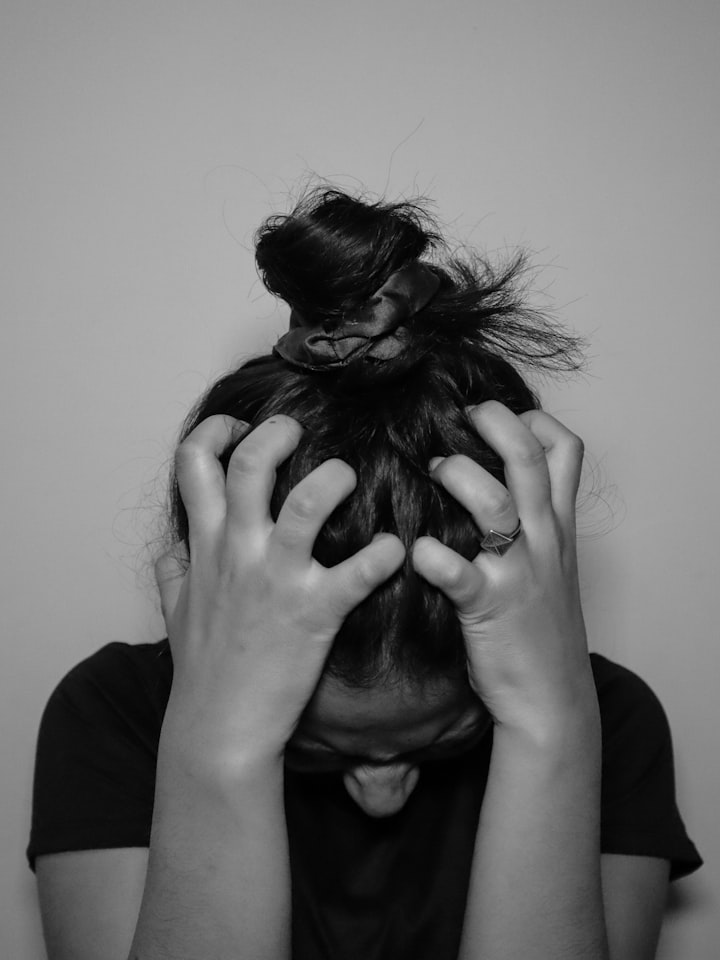How to overcome your mistake
Your best teacher is your last mistake

In a 2019 case study, more than 400 participants were recruited to learn about a mysterious neologism or what we would call... invented language.
The subject was asked about his three sets of runes.
For example, he asked: Which of the two symbols represents an animal?
Then, after a pause, he reversed the question and asked about the same pair of runes.
Questions like: "Which of these two runes represents an inanimate object?
"But this game had a secret.
The subject's answer in round one determined the meaning of the rune in round two.
In the first round, either all participants' answers were guaranteed to be marked as correct, or they failed all questions.
This meant that all participants had the same information during the break and the game was played for real money in round two.
However, despite this level playing field, participants who were successful in the first round rose to the top of the ranks, while those who were deemed unsuccessful continued to fail.
People often say that failure is a teachable moment, a moment when you inevitably stumble on the path to improvement.
However, learning from mistakes is not always easy.
Especially if the mistake is demoralizing, overwhelming, or just plain confusing.
So what prevents us from turning mistakes into mastery?
Perhaps the most obvious hurdle to learning from a mistake is how painful it is.
People generally want to see themselves as capable and capable, and experiencing failure threatens this self-image.
In a follow-up survey of the Rune study, participants in the failed group reported significantly lower self-confidence after participating.
It's tempting to ignore this pain as a temporary setback.
However, some studies have shown that our brains often stop processing new information when we feel demoralized or incompetent.
This suggests that if the threat to self-esteem is large enough, it can affect learning ability.
However, your tolerance for error also depends on your relationship to the task at hand.
In a 2011 study, researchers surveyed a group of American students enrolled in introductory and advanced French courses.
These students completed a survey asking them what type of teacher they preferred: one who emphasized their strengths and successes, or one who highlighted their mistakes and corrected their weaknesses.
In general, responses showed that beginners seek positive reinforcement, whereas advanced learners are more likely to seek critical feedback.
Researchers have theorized several explanations for these results.
Beginners who are just starting out have not yet decided whether they enjoy learning French or whether they want to continue learning.
Therefore, they may crave praise to stay motivated.
On the other hand, advanced students may have already made investments and want to improve their skills as efficiently as possible.
Because the process of acquiring expertise involves some degree of failure, more advanced students may have a higher tolerance for failure.
But whether you're an expert or a beginner, it's usually much easier to learn from success than from failure.
For example, imagine getting your grade back on an exam.
Once you've done that, you can consider that you've made good decisions about when, what, and how much to study, and you can repeat those decisions for your next test.
However, if it fails, there can be various reasons.
Maybe you didn't study enough, maybe you studied the wrong information, or maybe you did everything correctly but came across something you shouldn't have known on the test.
In these cases, it's not clear what went wrong, making it difficult to learn how to improve.
Wanting to learn from our failures is completely natural, and there’s a lot to gain by being resilient and cultivating a growth mindset. But fixating on your failures can make it easy to forget all your successes.
And building on what you’re doing right can be more effective than focusing on what you did wrong.





Comments
There are no comments for this story
Be the first to respond and start the conversation.